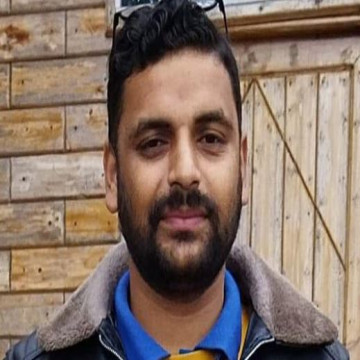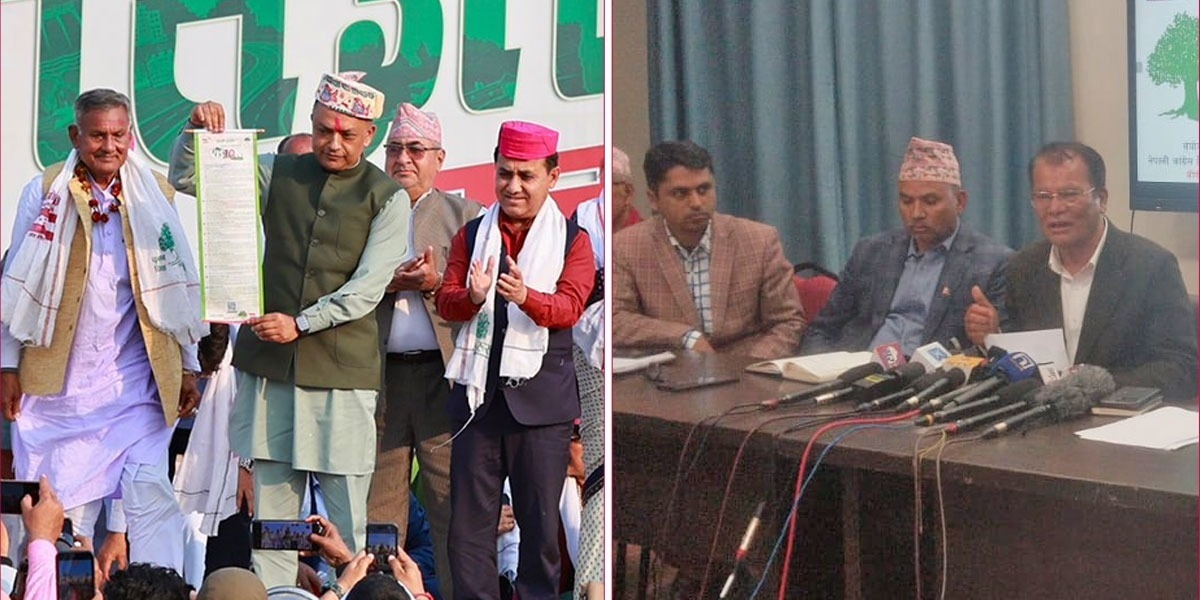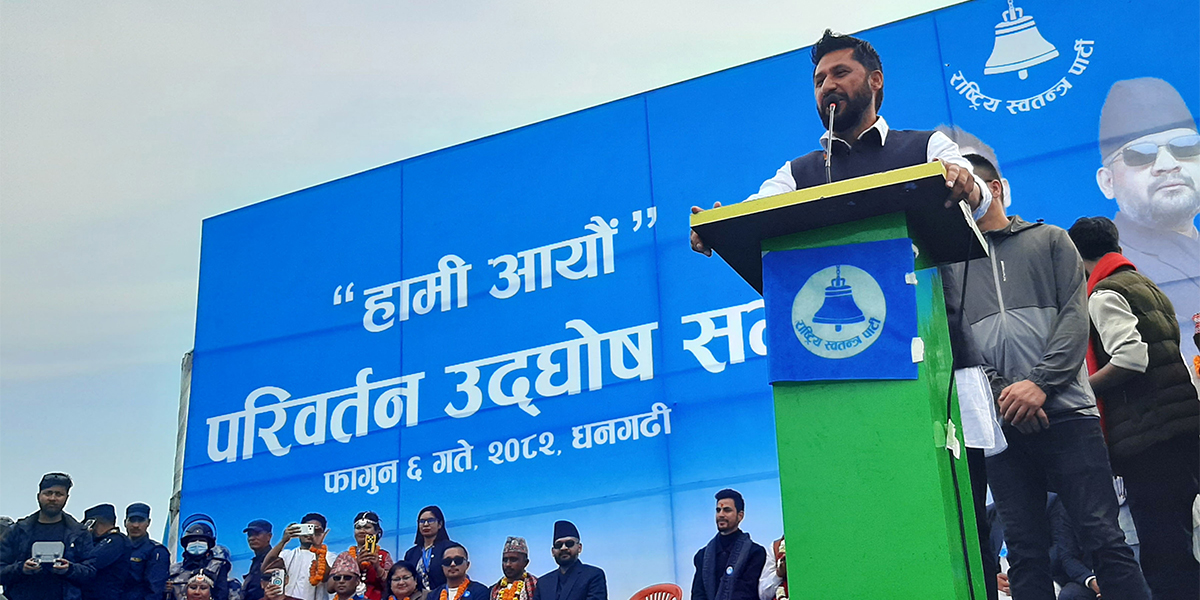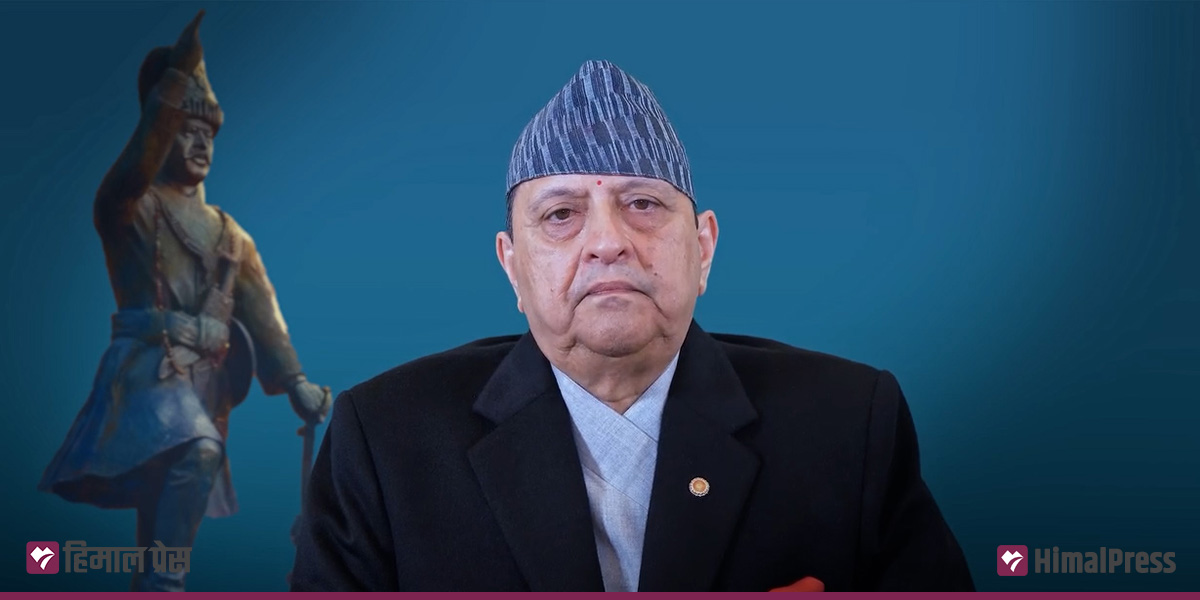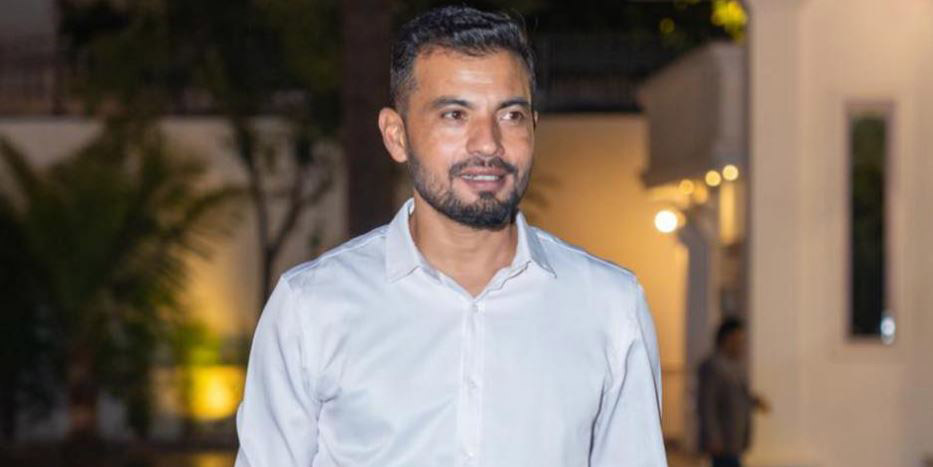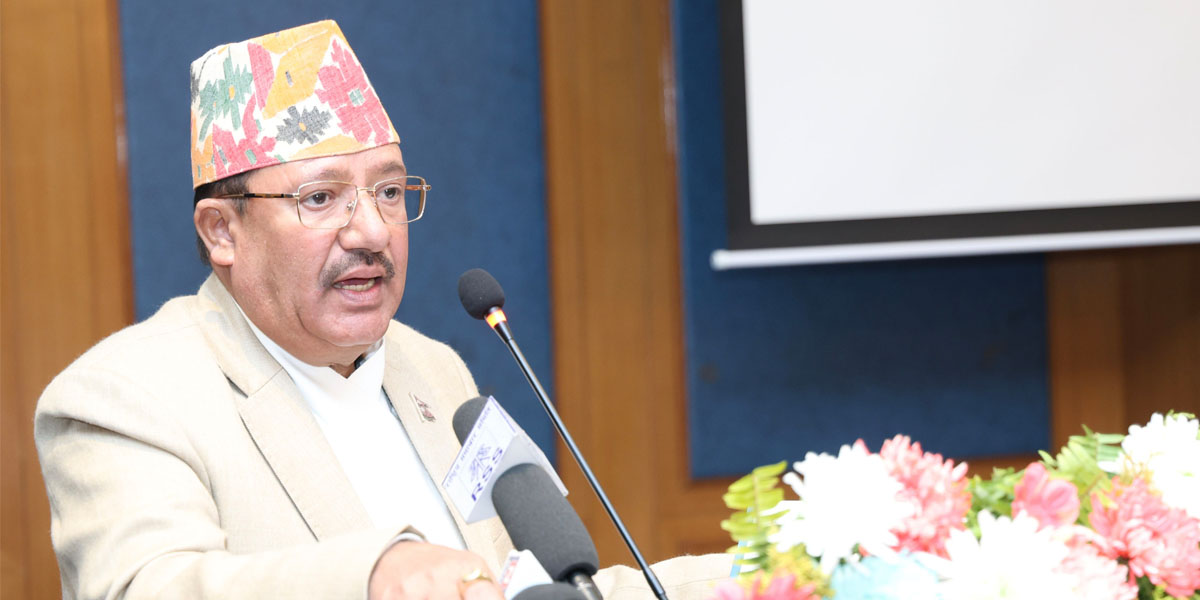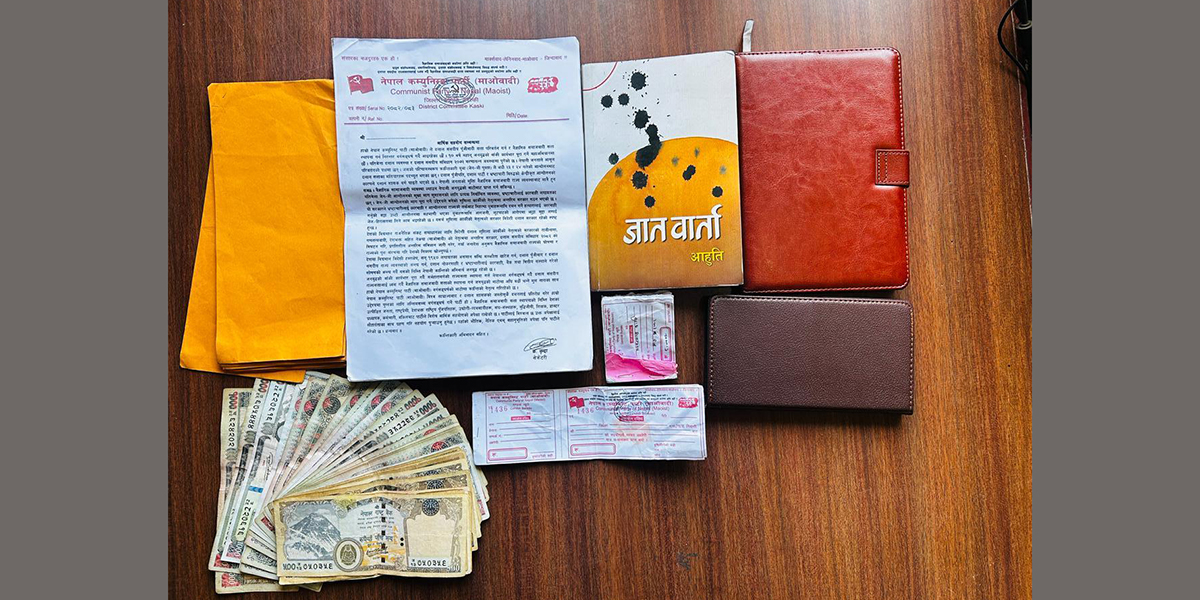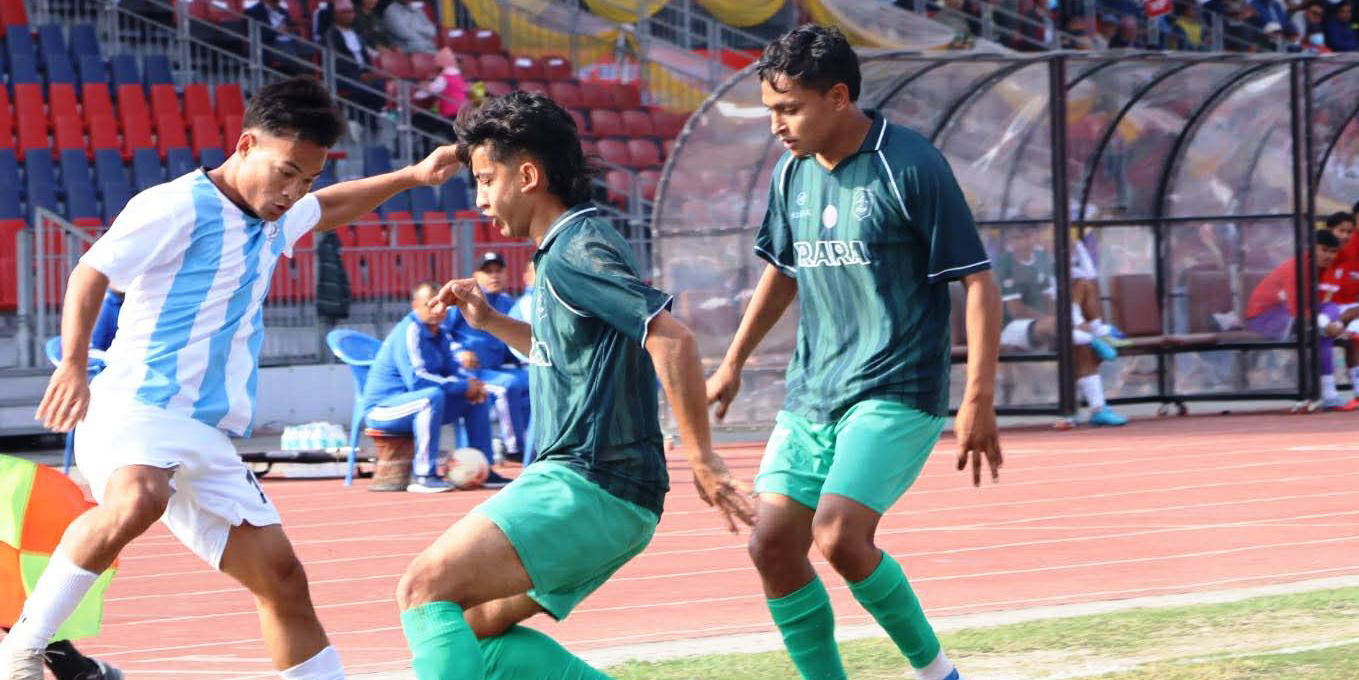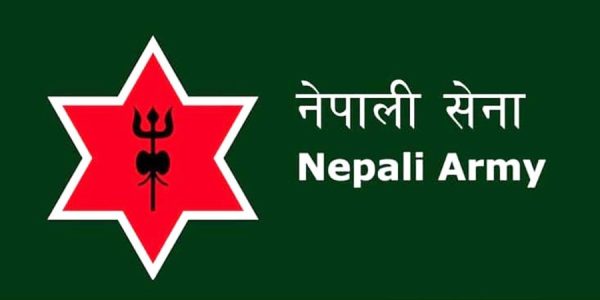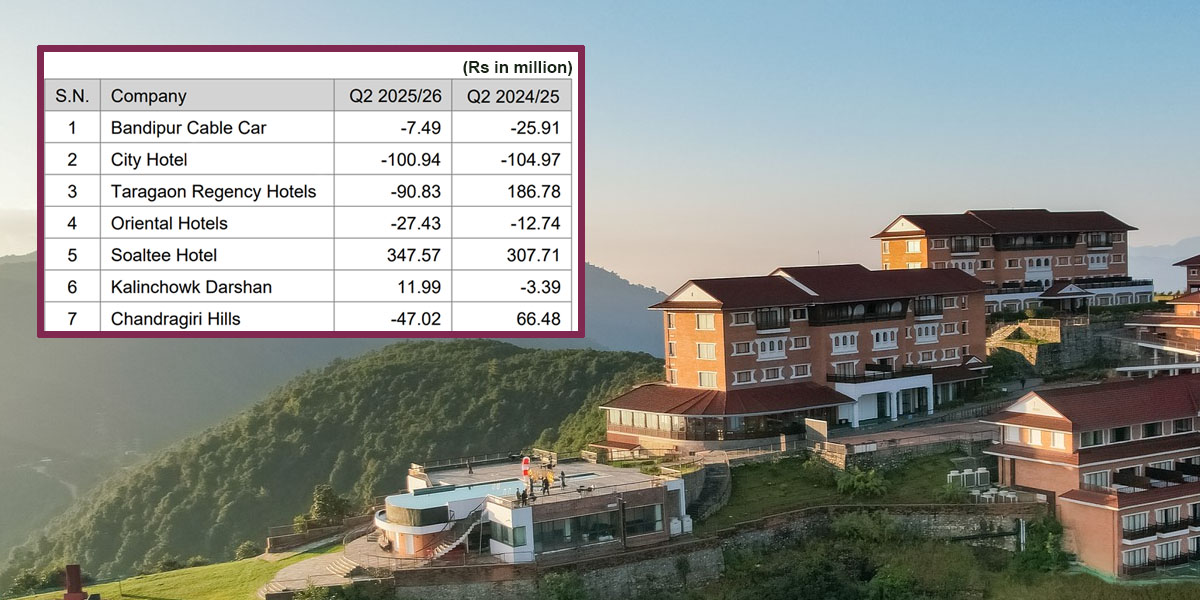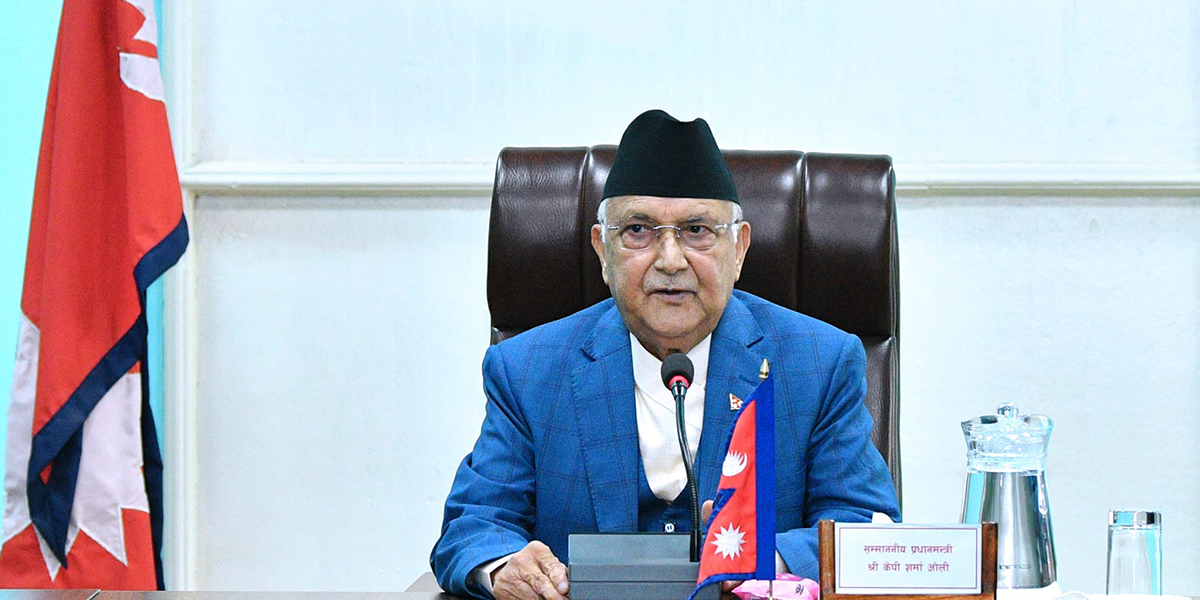 KP Sharma Oli
KP Sharma Oli
KATHMANDU: Second-tier leaders of the CPN-UML have renewed their complaints about being sidelined by Chairperson KP Sharma Oli, accusing him of favoritism in the distribution of responsibilities.
The UML recently reshuffled some office bearers and departmental responsibilities.
Leaders claim that they are not allowed to speak in meetings and that Oli assigns responsibilities in an arbitrary manner. “Oli has been ruling UML this way since the 10th general convention. As second-tier leaders haven’t spoken against his conduct, Oli has become increasingly ‘anarchic’,” an office-bearer told Himal Press. They allege that Oli calls meetings without providing agendas and makes his close associates table proposals on his behalf.
Oli gave opportunities to only those close to him during cabinet expansion, according to the office-bearer. So much so, the names of some leaders, who were expected to be given cabinet berths, were removed just before the swearing-in ceremony.
The Secretariat meeting held last Thursday further angered second-tier leaders. Reshuffling the responsibilities of leaders was the only agenda of the meeting. However, he went on to appoint a vice-chairperson. Must of the office-bearers were taken aback when Oli proposed the name of his close associate Guru Baral to for the position that had remained vacant since Subash Nembang’s demise in September last year.
A year ago, leaders were assigned responsibilities in different geographical regions. The agenda of the Secretariat was to bring them back to the same region. However, Oli gave some leaders their desired responsibilities while others were handed responsibilities that his close associates didn’t want.
Through the previous meeting, Oli brought “one person, one position” policy. Many say the policy was brought to weaken leaders who could potentially clash with him within the party. However, leaders accuse him of discriminating even in this policy. Some leaders close to him hold both cabinet and party positions. Some hold multiple responsibilities in the party.
Oli’s discrimination is visible if we look at the responsibilities given to two secretaries – Raghubir Mahaseth and Yogesh Bhattarai. Mahaseth initially requested that he be appointed as the in-charge of Madhesh Province. Oli rejected his request. Mahaseth then asked for the Foreign Affairs Department which was approved. Bhattarai asked to be in charge of Koshi, but Oli assigned him to the Parliamentary Department.
Bhattarai was previously in charge of Madhesh Province and was considered close to Madhav Kumar Nepal, who has since split from the party by forming CPN (Unified Socialist). Mahaseth, on the other hand, has long been considered close to Oli.
Vice-chairperson Surendra Pandey had asked to be in charge of Bagmati, but Oli appointed Dr. Rajan Bhattarai, who is considered close to him, to that position.
“Everyone asked for geographical responsibilities. Some got the positions they asked for, while others didn’t,” said the office-bearer. “It would have been fine if no one got them. But some were given satisfactory responsibilities.”
Discriminatory Policies
Last year, Oli changed the heads of seven provinces and departments. At that time, seven secretaries were assigned to seven provinces under the policy of ‘different geography’. This time, some standing committee members have been entrusted with the responsibility of some provinces while some secretaries were reassigned to their previous positions.
Oli is also accused of discriminating against ministers in party responsibilities. For example, Deputy Prime Minister and Finance Minister Bishnu Poudel was given the responsibility of coordinating organizational work and party-affiliated departments, while Deputy General Secretary Prithvi Subba Gurung was not given any responsibility other than his ministerial role.
Leaders close to Oli seem exempt from the “one person, one position” policy. For example, Deputy General Secretary Bishnu Rimal, who is Oli’s chief advisor, has been given the responsibility of two party departments including finance.
Oli has also reportedly antagonized leaders who were previously promised ministerial positions but were ultimately left out. These include Yogesh Bhattarai, Gokarna Bista, and Krishna Gopal Shrestha.
Oli has given priority to leaders who had split from UML but later returned to the party. For example, Mukunda Neupane, who returned to UML after being third in the hierarchy of the Unified Socialist, has been made a standing committee member.
Leaders, who joined the party from the Maoist Center, have become increasingly inactive. Prabhu Sah left UML during the elections, while Mani Thapa quit the party. Vice-chairperson Ram Bahadur Thapa has stopped appearing at UML events.
“The party has given responsibilities. Some leaders might feel uncomfortable if they don’t get what they desired in some places,” UML’s Publicity Department Chief and Spokesperson Rajendra Gautam said.

